Literomancy (LIT-er-uh-man-see, LIT-truh-man-see | / 'lɪt ər rəˌmæn si / , / lɪ trəˌmæn si /)
Imagination is the beginning of creation. You imagine what you desire, you will what you imagine, and at last, you create what you will.Literomancy is the art of using words and story to create sorcery and other magical effects in the GoTverse. In simplest terms, the power of a story created with invested intent alters the fabric of reality. The more compelling the story, the more effective the magic. Literomancy is practiced exclusively by Literomancers and the ability to practice it is the defining characteristic of a literomancer.
Invocation
To invoke literomancy, a Tome Knight, or other literomancer, must tell a story. However, there are numerous ways in which to tell a story, and it is by no means limited to prose. Poetry, music, visual arts, interpretative dance, tapestries and murals, creative non-fiction, RPG creation and raw worldbuilding are some of the many forms of practice utilized by Tome Knights. Even computer coding, or altering or reinterpreting creative works can draw upon literomantic energy, as long as the end goal is a creative project, although coders, editors, and translators are less common among Tome Knights. Some of these methods are very personal and specific to a given Tome Knight. The only stipulation is that literomancy must utilize some form of creative writing, and use of the written word must be involved, although language doesn't seem to matter. Non-creative forms of writing lack sufficient inspirational impact to invoke literomantic power (so accounting, for example, is ineffective.) Literomancers using a form of art that does not typically involve the written word, such as dancing or making a tapestry or mural, typically incorporate runes or other forms of writing into the work.Manifestion
Effects can vary broadly. It is perhaps most common for literomancers to "buff" themselves with powers or magic, talents or skills, prior to engaging in combat. For example, the Owsla might tell a story of their combat prowess, their magical weapons, or their innate sorcerous powers before hitting the battlefield, and then find those powers available to call upon at will. Less common is "combat literomancy" — that is, rewriting reality while engaged in combat. This requires the implements of a story's creation (ie. pen and ink, laptop, tablet, musical instrument) and focus and concentration. Disarming a literomancer by taking or destroying these implements can put a halt to their literomantic enchantments, so there is an extra element of risk. However, the advantage of practicing combat literomancy is that the Tome Knight can adapt to the changing conditions of the battlefield; either by creating new effects, events and abilities on the spot, or by countering other literomantic enchantments. Does my character practice combat literomancy?If you have been involved in writing original material for the Game of Tomes Lore videos or filks while the Game is in progress, or if you have engaged in the in-chat roleplay in such a way that you have told an entertaining story for the audience, you are considered to be a practitioner of "combat literomancy." You have proven your ability to create stories on the fly, in adaptation to the ongoing situation. Congratulations!
Limitations
And guys? Be careful! The tropes of this plotline don't tend to end well for the parental units.Literomancy's effectiveness is determined by how compelling the story is that the Tome Knight is telling. As a result, it is bound by the needs of the story. Breaking free of literary tropes, plot beats, and narrative structure is not impossible, but reality resists such efforts. It is unlikely that a Tome Knight will be able to escape literomantic enchantments unscathed, things tend to happen in a logical order, and the rules of Chekhov's gun apply. A literomancer is most effective when they can make the craft of writing work in their favour to tell a truly memorable tale. In addition, it is easier to build on an established story than create a new story entirely out of the ether, as long as one is able to obey the already-established rules in play. This is why literomantic houses develop traditions, and then build on those traditions, rather than reinventing themselves every generation. A story works best, after all, when it has continuity.
Physical Effects of Overusing Literomancy
Sable's doctors run tests on her blood. At most hospitals, this would take hours, but most of that is wait times, and after two very close calls, no one is willing to wait on results for the Queen.
The Warren hospital is equipped with a medical lab in-house, and 20 minutes later, the results come back.
Five minutes after that, the doctor returns. "Here; your meds," she says, presenting Sable with a bottle of Crocoade.
Sable blinks at her. "Electrolyte depletion? That's why I'm exhausted?"
The doctor nods. "You're showing all the signs of having just run a marathon, save for the obvious exterior physical impacts. Including creatine, by the way, which suggests you're giving your kidneys a beating by temporarily raising your core body temperature."
Sable fights with the seal on the bottle, but her fingers are shaking. "But I'm not sweating noticeably."
"My guess is that you're draining the heat generated by the massive caloric burn directly in the form of magical energy. But I'd have to hook you up to be sure. You probably weigh less than you did this morning."
"Good," says Sable with a laugh, "maybe I'll get rid of those extra ten pounds, eh? Good weight loss program; heal more people." She gives up on the stupid safety seal and asks Ru for help.
"It probably explains why candy seems to help, too," the doc adds. "Rapidly replenishes lost sugars. And most candies and chocolates do have significant sodium and some potassium content as well."
Sable thanks Ru and drinks some Crocoade. "Yeah, that tastes like I need it. You think hot gelatin might help with lactic acid build up?"
"That's supported by some studies. Can't hurt to give it a try."
"I'll get some after the fight," she promises.
Words Have Power and Meaning
"Luck magic," says Sable, her eyes not opening, the healing not faltering. "That was one of the most effective forms of literomancy before the return of the Tome. Influencing odds in your favour. But it takes the path of least resistance, and you have to be very specific about what it is you're asking for.
"So, say you wrote that you would receive money. Maybe you'd step on a $20 bill on the street. That's happened for you, I'm sure.
"Also, the more chaotic and complex a system, the more difficult it is to influence. I bet you did a charm to win the lottery at least once, right? So did I. Did you win $10 in the 6/49 too?" She laughs. "Got what I asked for, didn't I? Everybody wants to win the lotto, so I had to compete with all of them. And I never specified how much.
"But more importantly, you have to shut off pathways through the conditions that you don't want the energy to take. Like, say you wanted enough money to buy a house. Maybe the 'path of least resistance' is that your uncle with the heart problem dies, and you inherit."
Her eyes flash open and meet his now. The nebulas are still there, and the effect is eerie. "Magic doesn't give a filk. It's energy, like fire or electricity. It doesn't care who or what it hurts to fulfill the power of your will. So YOU have to care. You have to build in the safety features."
How is Literomancy Learned?
The most common method (if anything can be said to be "common" with literomancers) is to be born into a literomantic family line, such as most of the Great Houses and some of the Minor Houses. But it is possible to learn it through other methods as well — natural talent, less-than-above-board acquisition of study material, or raw determination and discipline. Tempest Kwake claimed they learned literomancy in back alleys and other maverick, on-the-fly environments, and Prince Galakrond was demonstrably studying literomancy on his own long before his formal instruction began (there is a rumour that the same is true of Queen Sable Aradia.) Nor does being born into a literomantic line necessarily guarantee that one will have any literomantic capabilities. The ability to tell a good story forever eludes logic or definition.WIP
Streamer
Missing
Status: Location Unknown
Deceased
Status: Deceased Character
Retired
Status: Retired Character or Article
Type
Metaphysical, Arcane


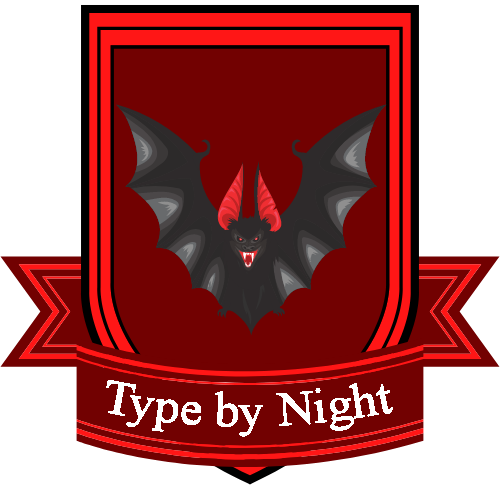


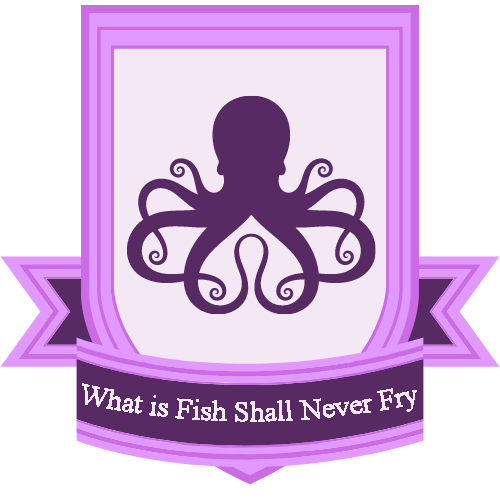


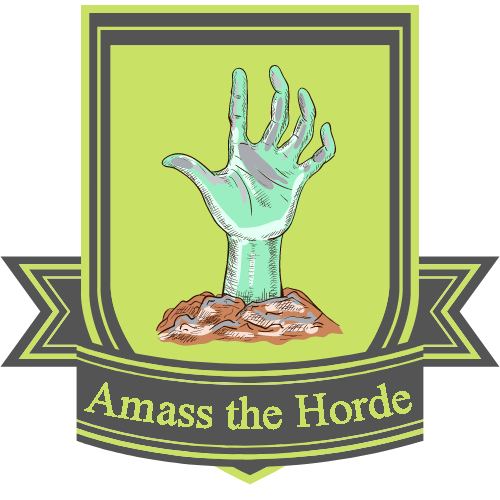

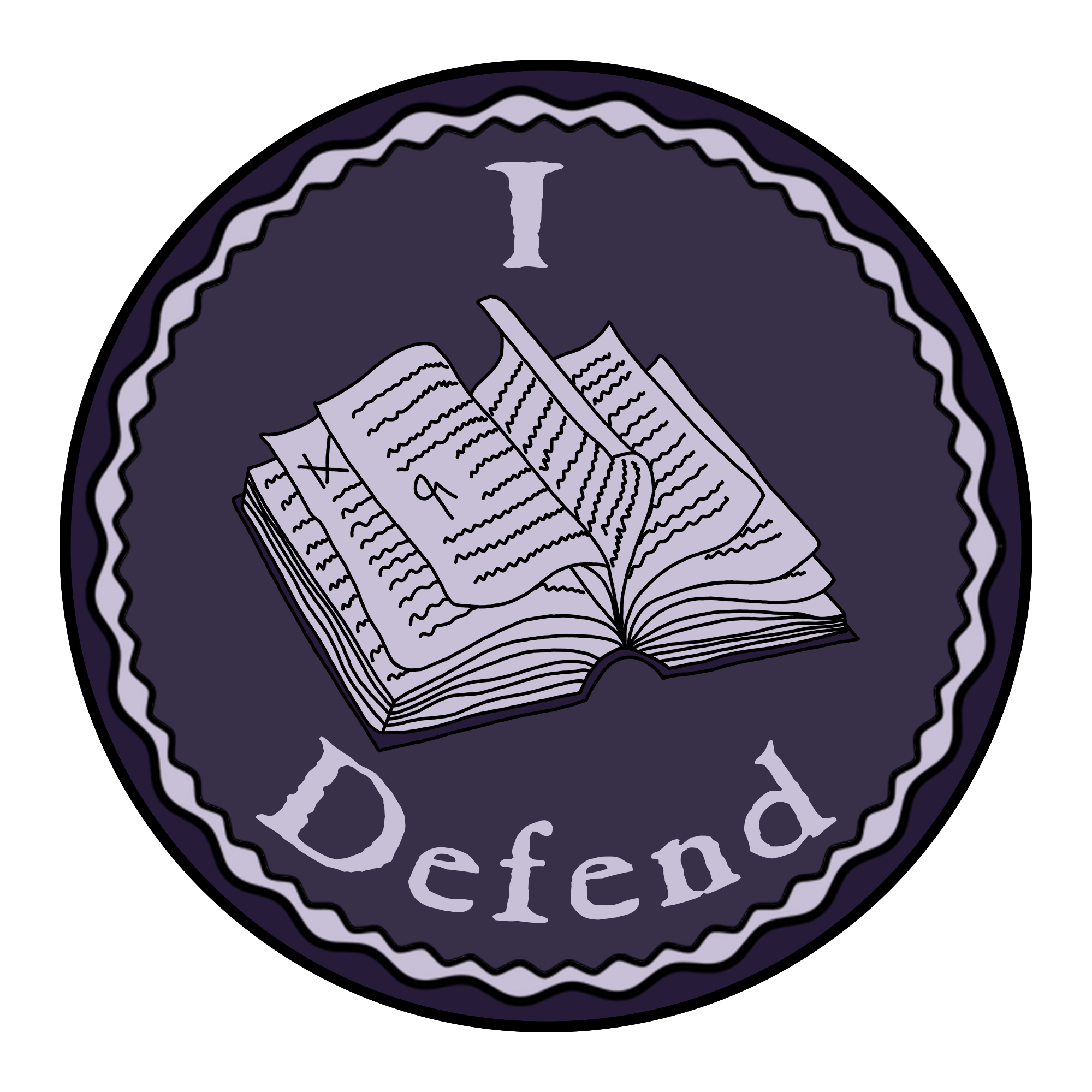


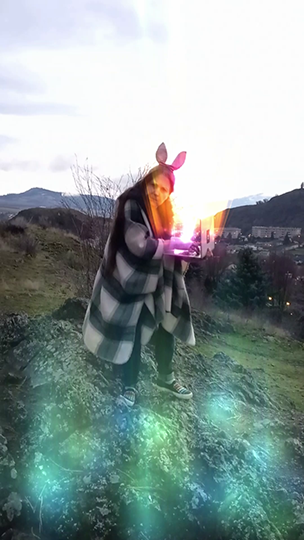
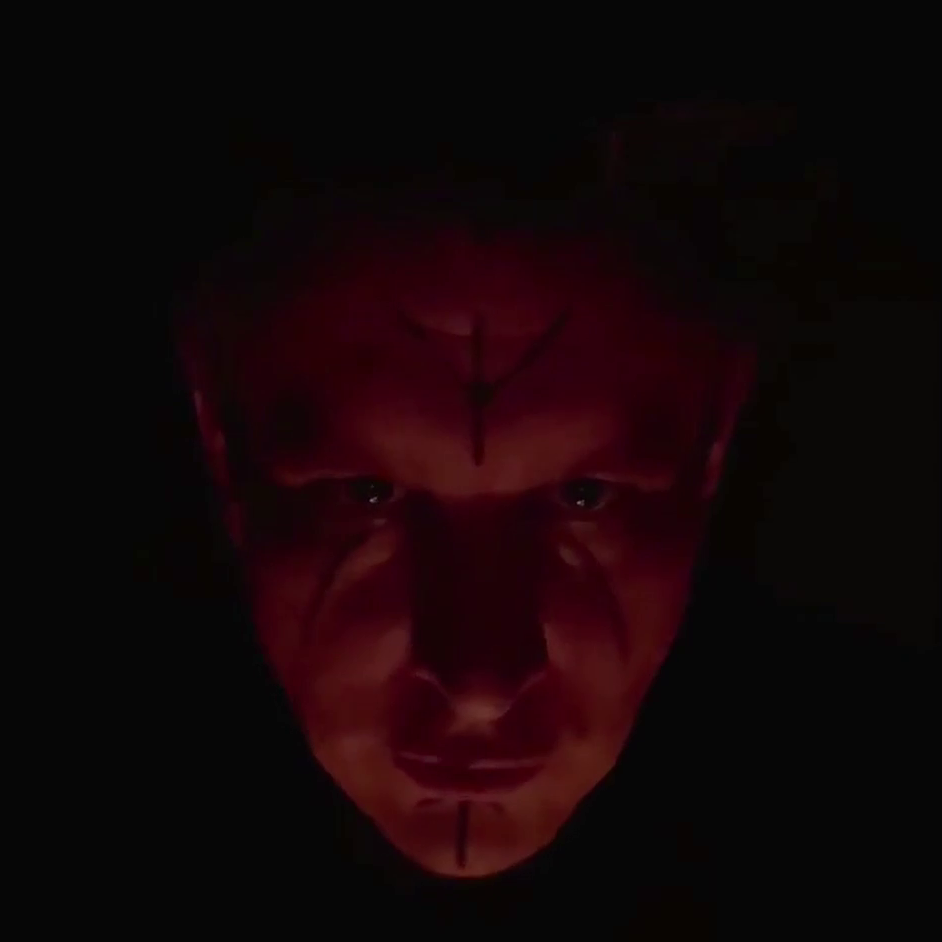
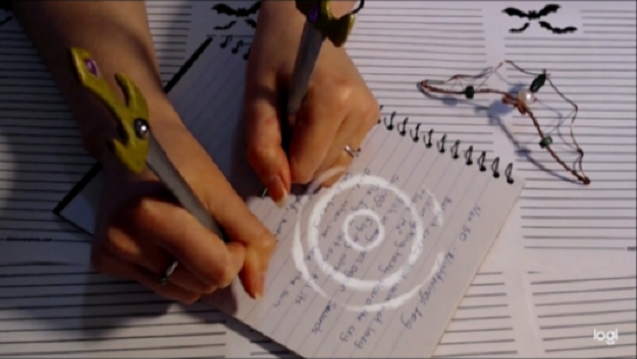





I loved this! I can see why you were telling folks on stream to come read this, as it explains well a central part of how the Game of Tomes works. Nicely done.
Thanks Chris! :)